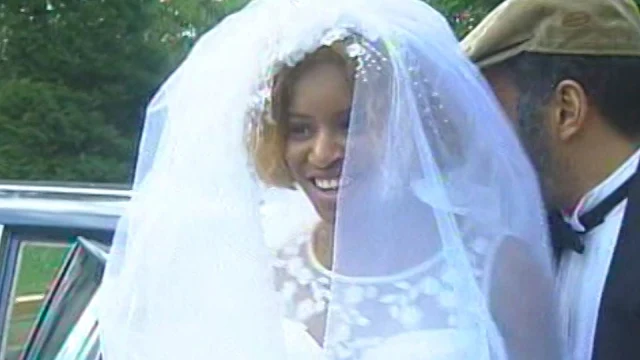Cast: Voices of Mélinée Leclerc, Clotilde Hesme, Laetitia Dosch, Estéban, Patrick Pineau, Claudine Acs, Jean-Marie Fonbonne, Antoine Momey, Pietro Sermonti, Scarlett Choleton, Alenza Dus, Anaïs Weller, Milan Cerisier, Anna Parent. Screenplay: Chiara Malta, Sébastien Laudenbach. Film editing: Catherine Aladenise. Music: Clément Ducol.
Chicken for Linda! is a candy-colored animated feature about a mother's attempt to prepare a chicken dinner for her little girl. It's a film about children and maybe for children, but I wouldn't show it to an averagely inquisitive child unless I was prepared to answer questions about the death of a parent, the stress of a single parent, corporal punishment, family quarrels, organized labor strikes, chicken theft, police enforcement of the law, and the killing of animals for food. (I've probably missed a few. It's been a while since I was a child or had one.) Much of the often frenetic, if colorful, action centers on the attempts to kill the stolen chicken, which is not going to sit well in some households. The whole plot is initiated when the mother, Paulette, slaps Linda for something she didn't do. (The fat purple cat did it.) To make it up to her, the guilt-ridden Paulette promises to make Linda a dinner of chicken with peppers, which Linda recalls as the favorite dish of her father, who died when she was very little. Paulette's efforts to find a chicken are thwarted by a strike that has closed all the markets, so she drives out to the country to find one there. Finding only a sulky teenager at the farm, in desperation Paulette steals one, only to have the cops called on her. And matters get worse when the chicken escapes. Each character has their own bright color, so it's easy to keep track of them once the action gets complex. There are also some interpolated song sequences with the flavor of French pop music. It's an enjoyably lively film unless you really want to examine its subtext, so maybe try not to.














